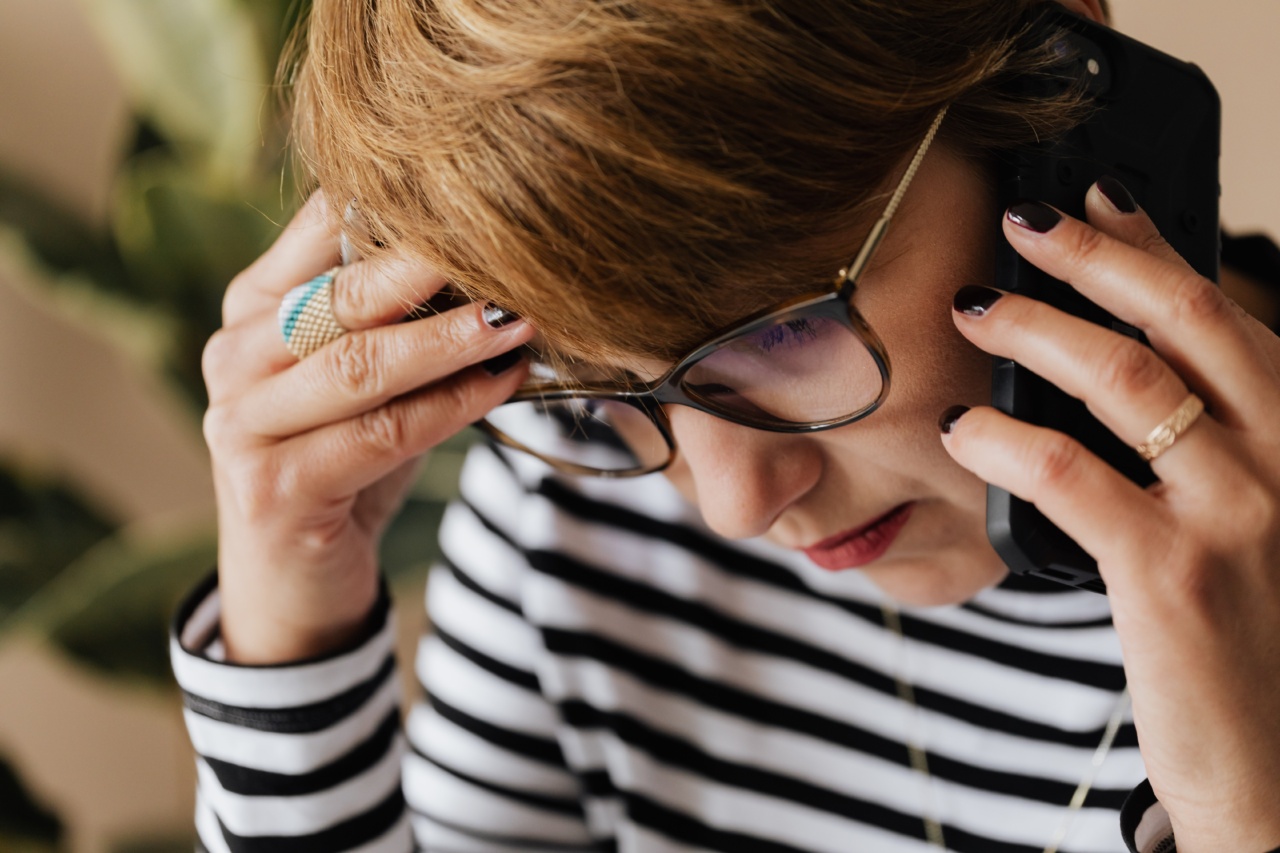Anxious Genital Syndrome is a condition characterized by pervasive anxiety and distress related to one’s genital area.
It can manifest in various ways, including excessive worrying, obsessive thoughts, and physical discomfort in the genital region. This syndrome can have a significant impact on an individual’s overall quality of life and well-being. In this article, we will explore the causes of Anxious Genital Syndrome and examine potential solutions to alleviate its symptoms.
Understanding Anxious Genital Syndrome
Anxious Genital Syndrome is a relatively new concept that has gained recognition in recent years. Although not yet formally classified as a distinct mental health disorder, it is believed to be a subtype of anxiety disorders.
People with this syndrome experience persistent anxiety and distress specifically related to their genital area, leading to a range of physical and psychological symptoms.
The Causes of Anxious Genital Syndrome
The exact causes of Anxious Genital Syndrome are not entirely understood. However, several factors may contribute to the development and exacerbation of this condition:.
1. Sexual Trauma or Abuse
Individuals who have experienced sexual trauma or abuse may be more vulnerable to developing Anxious Genital Syndrome. The distress associated with past traumatic events can manifest as anxiety and hypersensitivity towards the genital area.
2. Body Image Issues
Poor body image and self-esteem can play a role in the development of Anxious Genital Syndrome. Negative thoughts and beliefs about one’s genital appearance or function can fuel anxiety and distress.
3. Social and Cultural Factors
Social and cultural factors can contribute to the development of Anxious Genital Syndrome.
Societal pressures, unrealistic expectations, and stigma surrounding genital appearance or sexual performance can contribute to anxiety and distress in individuals.
4. Medical Conditions
Certain medical conditions, such as chronic pelvic pain or sexually transmitted infections, can lead to heightened anxiety and distress related to the genital area.
The physical discomfort and uncertainty regarding these conditions can exacerbate symptoms of Anxious Genital Syndrome.
5. Generalized Anxiety Disorder
Individuals with Generalized Anxiety Disorder (GAD) may be more susceptible to developing Anxious Genital Syndrome. GAD involves excessive and uncontrollable worry about various aspects of life, including physical health.
This can extend to the genital area and manifest as anxiety and distress.
Approaches to Managing Anxious Genital Syndrome
While there is no specific cure for Anxious Genital Syndrome, various approaches can help manage and alleviate its symptoms.
It is crucial to understand that each individual may respond differently to these strategies, so a personalized approach may be necessary:.
1. Psychotherapy
Psychotherapy, such as Cognitive-Behavioral Therapy (CBT), can be highly beneficial for individuals with Anxious Genital Syndrome.
CBT helps identify and challenge negative thought patterns, promote relaxation techniques, and develop coping strategies to reduce anxiety and distress related to the genital area.
2. Support Groups
Joining support groups or seeking peer support can provide individuals with a safe space to share their experiences and gain insights from others who can relate to their struggles.
It can foster a sense of belonging, validation, and reduce feelings of isolation commonly associated with Anxious Genital Syndrome.
3. Body-Positive Mindset
Cultivating a positive body image and mindset can help alleviate anxiety and distress related to the genital area.
Engaging in self-affirmations, practicing self-compassion, and challenging societal beauty standards can promote acceptance and reduce negative thoughts and emotions.
4. Mindfulness and Relaxation Techniques
Incorporating mindfulness and relaxation techniques into one’s daily routine can be beneficial for managing anxiety and stress associated with Anxious Genital Syndrome.
Techniques such as deep breathing exercises, meditation, and progressive muscle relaxation can help promote a sense of calm and reduce physical tension in the genital area.
5. Medical Consultation
If Anxious Genital Syndrome is significantly impacting an individual’s daily life and well-being, seeking medical consultation is vital.
A healthcare professional can assess the severity of the symptoms and provide appropriate treatment options, such as medication or referral to specialized therapists.
Conclusion
Anxious Genital Syndrome can cause significant distress and anxiety related to one’s genital area.
While the exact causes of this condition may vary, factors such as sexual trauma, body image issues, social and cultural factors, medical conditions, and generalized anxiety disorder can contribute to its development. Fortunately, through psychotherapy, support groups, body-positive mindset, mindfulness, relaxation techniques, and medical consultation, individuals can manage and alleviate the symptoms associated with Anxious Genital Syndrome.































